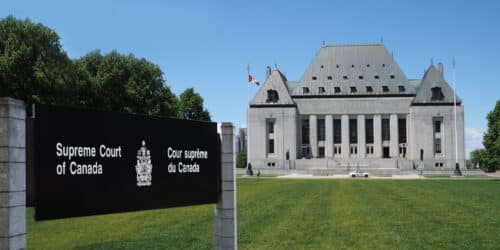There are significant differences between employment law (non-union) and labour law (unionized). This includes an entire statutory regime found in the Labour Relations Act (“LRA”) designed to guide the unionization process itself.
Both employers and employees are significantly impacted when a union is introduced into or removed from a workplace. When a business’s employees decide to unionize, the employer is often faced with the prospect of significant cost increases due to future higher compensation packages. When employees in a workplace decide to unionize, it is generally considered as a positive for the employees as their collective bargaining power will likely improve their compensation and work environment. However, not all employees want to unionize, and it is not always the case that unionization is beneficial for all employees.
When a group of employees decides that they want to unionize, they first must find a union who agrees to be the employee’s exclusive bargaining agent. Then, the organizing employees must round up enough employees for the cause if they would like a chance for their chosen union to be officially certified by the Ontario Labour Relations Board (“OLRB”) as their exclusive bargaining agent. This process is called “certification.” Inversely, a union may be decertified if employee decide to have the union decertified or to become affiliated with another union (a “raid”).
The provisions of the LRA are specific about the process and timing for certification or decertification. These timelines are short, especially for employer objections during certifications. Moreover, challenges may arise in determining whether certification or decertification reflects the true wishes of employees and has been achieved justly.
Certification and decertification must be done in accordance with the protective provisions found within the LRA, which prohibits unfair labour practices such as interference and intimidation and coercion by both employers and unions. If a union or employer is found to be guilty of unfair labour practices, the consequences can be severe, such as automatic certification/decertification.
The OLRB governs provincially regulated workplaces, while the Canadian Industrial Relations Board (CIRB) governs labour relations in federally regulated industries. Each Board has its own rules and processes.
If you are an employer or employee facing OLRB or CIRB proceedings or seeking to commence them, we would be pleased to provide more specific guidance and assist you in navigating the process.






